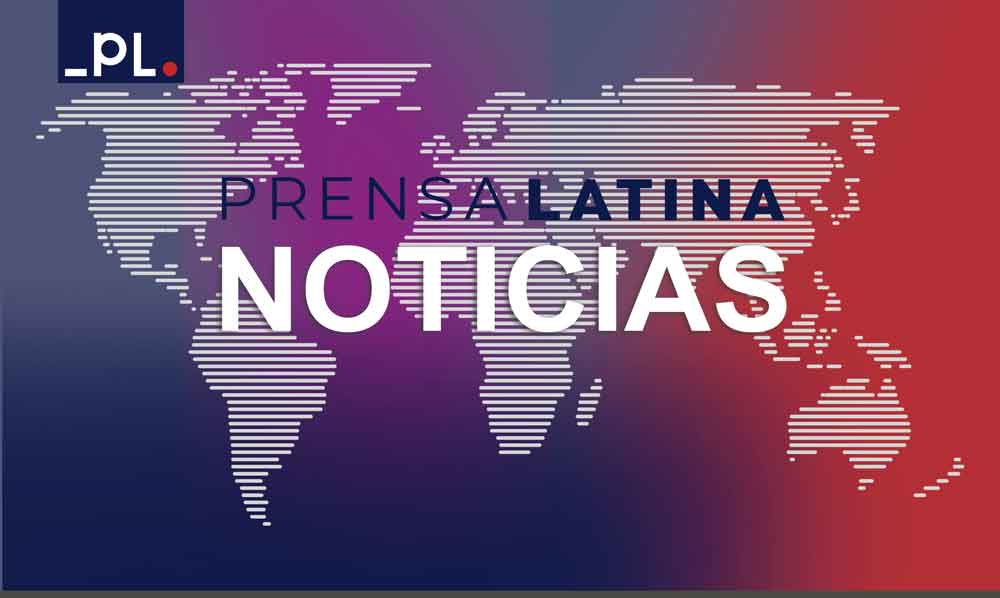The Caja, as the institution is also called, is responsible for Costa Rica’s social security and manages two major insurance companies: health insurance and pension insurance. It also coordinates and implements prevention and relief programs for a large part of the population of this Central American country.
Employees from hospitals in large cities such as México, Calderón Guardia or Max Peralta from the province of Cartago took part in the concentrations from the morning hours.
The walkout called by the National Union of Employees of the Fund and Social Security (Undeca) is also an entitlement to a dialogue table with the board to discuss public employment law.
The Secretary General of (Undeca), Luis Chavarría, requested the opening of dialogues with the Executive Presidency in order to avoid major repercussions on the services offered to the insured of the institution.
However, he denounces that this exchange has not taken place so far and criticizes the managers’ lack of interest in speaking about important issues, which is why they had to take to the streets that day in protest and work stoppages.
The demonstrations then lead to disruptions in the non-essential services offered in the various health facilities.
Although logistics were to be organized so as not to disrupt more urgent services, such as earlier appointments had a significant impact.
On this aspect, Chavarría told the press that the service could not be closed if it was essential, some officials would have to stay, if it was a pharmacy that delivers medicines, for example, this is essential, he stressed.
He said he was most in favor of workers returning to their posts as long as the authorities were able to engage in dialogue.
Meanwhile, CCSS Executive President Marta Eugenia Esquivel described Thursday’s workers’ strike as shameful.
In his first reaction to the movement, far from engaging in dialogue, he accused the workers in the labor court and called for the strike to be declared illegal.
lam/alb

